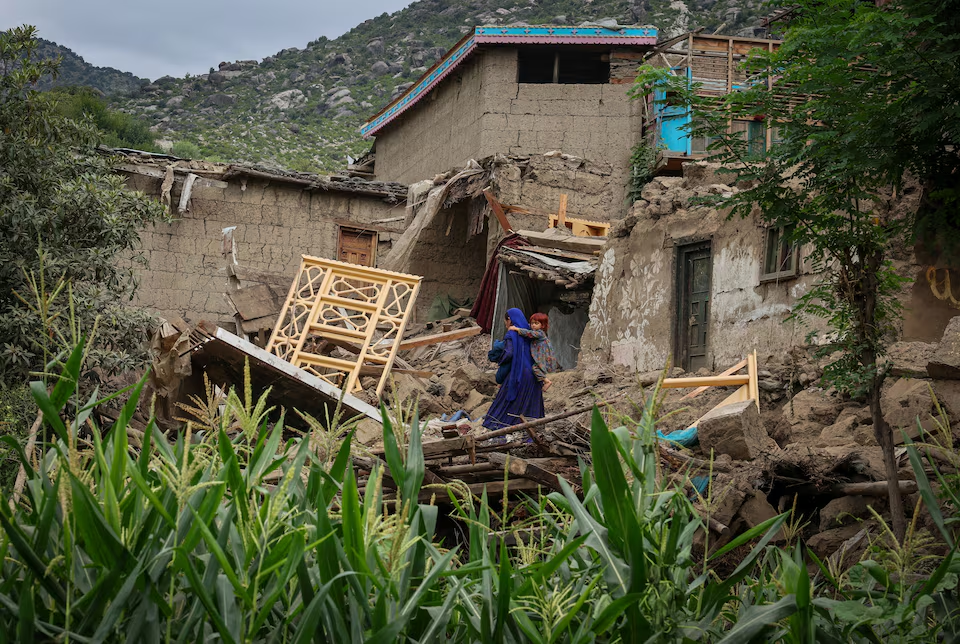In the aftermath of the deadly earthquake in eastern Afghanistan, the World Health Organization (WHO) has called on the Taliban to lift restrictions on women working in the humanitarian sector, allowing them to travel without male guardians and provide care to women struggling to access health services.
Dr. Mukta Sharma, WHO’s deputy representative in Afghanistan, told Reuters that one of the biggest challenges in quake-affected regions is the steep decline in female health workers. She estimated that men make up about 90% of medical staff in these areas, while only 10% are women—primarily midwives or nurses, often lacking the skills to treat serious injuries.
This gender gap in healthcare delivery, Sharma warned, is severely affecting services, as many women feel uncomfortable seeking treatment from male staff.
The earthquake, which struck Kunar province on Sunday night, September 8, measured 6.0 on the Richter scale. According to Taliban authorities, it killed 2,205 people and injured more than 3,600 others.
The Taliban claim to uphold women’s rights according to their interpretation of Islamic law. In 2022, they banned women from working in NGOs unless special exemptions were granted—typically for health and education, though many aid groups say such exceptions have been inconsistent and inadequate.
Sharma confirmed that restrictions remain strict, with no formal exemptions to the male guardian (mahram) requirement offered by the Taliban. “That’s why we’ve decided to engage directly with authorities and urge them to allow more female workers in the field,” she said.
She also raised concerns about women’s access to mental health care, especially those who lost male family members and now face rigid gender-based restrictions. “We’re worried about how these women will cope with trauma and psychological distress,” Sharma added.
Pirgul, a resident of Kunar, told Reuters that many women in her village are suffering from trauma and high blood pressure since the quake, but have no access to female doctors. “There’s only one male doctor available, and no female physician to examine them,” she said.
Sharma further warned that the declining number of female doctors is a long-term crisis fueled by the Taliban’s ban on girls’ education, which disrupts the pipeline for training female medical professionals.
The United Nations estimates that over 11,600 pregnant women have been affected by the earthquake—this in a country with one of the highest maternal mortality rates in Asia.
WHO also reported that around 80 health centers in the quake-hit areas have been shut down this year due to cuts in U.S. funding, while another 16 facilities were forced to close due to earthquake damage.







